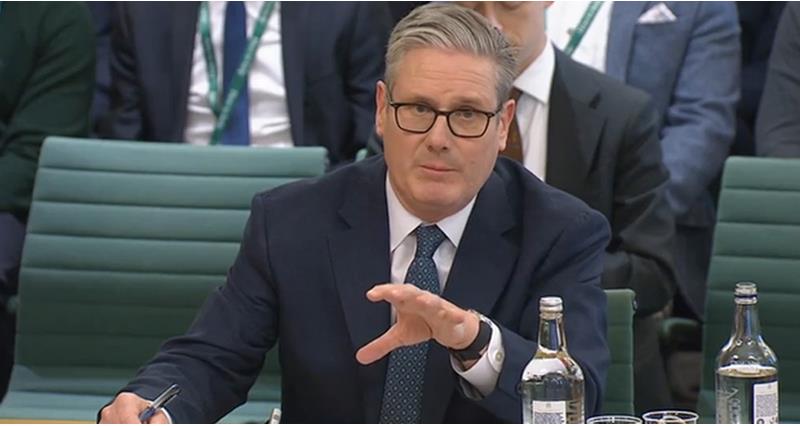
The NFU has called the farm inheritance tax changes an 'indiscriminate revenue-raising measure' after the prime minister offered his rationale for the controversial changes.
Sir Keir Starmer was quizzed by the Liaison Committee on 19 December on the government's planned changes to agricultural property relief (APR) and business property relief (BPR).
Chair of the EFRA Committee and Liberal Democrat MP, Alistair Carmichael began by asking who the changes were targeted at: “Was it the super-rich sheltering wealth, was it the family farmers, or was it both?”
Sir Keir said that the purpose was to "raise revenue in the budget, so it was not aimed at a particular group of individuals”.
The prime minister maintained that the vast majority of farms would be 'unaffected' by the changes, which were first announced in the autumn budget,
Mr Carmichael went on to ask if that meant the government no longer adheres to the original purpose of these reliefs, which was to ensure the succession of family farm from generation to generation.
The Office of Tax Simplification set out in its report on IHT in 2019: "It is generally understood that the main policy rationale for BPR and APR is to prevent the sale or break up of businesses or farms to finance Inheritance Tax payments following the death of the owner."
Sir Keir said the government recognised the need to protect family farms and argued that the special measures - 10-year, interest-free pay off period, reduction in IHT rate - ensured “a fair balance between raising the revenue and the protection we wanted to put in place”.
Asked if HMRC’s figures, saying there were around 500 claims for APR, were a “robust figure of those who will be caught”, the prime minister reiterated that they were.
Mr Carmichael countered this by highlighting that this figure does not include estates where land would been passed on using BPR.
Sir Keir replied “I think that it does", but Mr Carmichael made it clear that it does not.
When asked if the chancellor would meet with the farming unions despite having refused to so far, Sir Keir cited his recent meeting with NFU President Tom Bradshaw, adding that “the chancellor will manage her own diary”.
Mr Carmichael made reference to the Efra Select Committee’s evidence session, in which Mr Bradshaw was visibly upset when describing the impact of the family farm tax on Britain’s farms.
The prime minister said “nobody is comfortable with that, but that is why I took the decision to have a meeting with the president of the NFU”, adding that he wanted to hear first-hand from Mr Bradshaw.
However, when asked by chair of the Liaison Committee, Dame Meg Hillier if this was with a view to making any changes, the prime minister said: “No. We have got the policy.”
Responding to the prime minister's comments, Mr Bradshaw said it was clear that the tax proposal was an "indiscriminate revenue-raising measure with no thought given to who it impacts".
“What’s worse is that the government has clearly forgotten the reason inheritance tax reliefs were brought in in the first place – to ensure that farms would not be sold or broken up following the death of the owner.
“It’s clear that this government has entirely broken with that premise, and it will be farming, then its associated industries, and then consumers who will bear the impact.”
